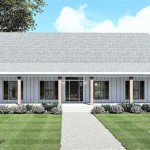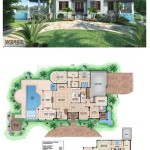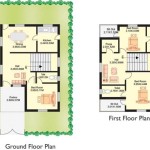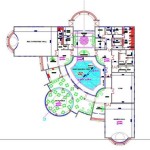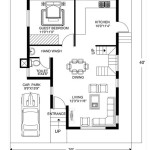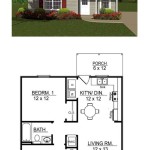Country Home Plans With Basements: Essential Aspects to Consider
Country home plans with basements offer unique advantages and opportunities for homeowners. A well-designed basement can add substantial living space, storage, and functionality to your home. However, it's essential to consider critical aspects when incorporating a basement into your country home plan.
1. Determine Your Needs
Before designing your basement, define how you intend to use the space. Whether for entertainment, a guest room, a home office, or additional storage, your needs will significantly influence the layout and features of the basement.
2. Consider the Climate and Soil Conditions
The climate in your region plays a crucial role in basement design. For instance, areas with high water tables may require additional waterproofing measures. The soil conditions also impact the foundation's stability and the need for special drainage systems.
3. Optimize Natural Light and Ventilation
Basements often lack natural light and ventilation. Incorporating windows, skylights, or a light tube system can bring in natural sunlight and improve air circulation. Proper ventilation prevents moisture buildup and creates a healthier living environment.
4. Plan for Adequate Headroom
Ceiling height is a crucial factor in basement design. Ensure there's sufficient headroom throughout the space to prevent a cramped and uncomfortable feeling. Standard ceiling heights range from 7 to 9 feet, but you may need to adjust the height depending on your activities in the basement.
5. Waterproofing and Drainage
Waterproofing is essential to protect your basement from moisture and water damage. Consider installing a comprehensive waterproofing system that includes exterior drainage, foundation sealants, and interior vapor barriers. This system will ensure a dry and healthy basement environment.
6. Safety Considerations
Safety is paramount in basement design. Install smoke detectors, carbon monoxide detectors, and an emergency egress window or door. Consider the location of electrical outlets, plumbing fixtures, and stairs for optimal safety and accessibility.
7. Insulation and Energy Efficiency
Insulating your basement walls, ceiling, and floor is crucial for energy efficiency and temperature control. Choose insulation materials with high R-values to minimize heat loss and reduce heating and cooling costs. Sealing air leaks and gaps further enhances energy efficiency.
8. Cost and Budget
Basement construction costs can vary depending on the size, features, and materials used. Factor in excavation, foundation work, waterproofing, insulation, finishes, and labor costs. Plan your budget carefully and consult with contractors to ensure your project aligns with your financial capabilities.
Conclusion
Country home plans with basements can provide valuable living space and functionality. By considering the essential aspects discussed above, you can create a well-designed basement that meets your needs, enhances the home's value, and maximizes the potential of your country home.

House Plans With Basements And Lower Living Areas
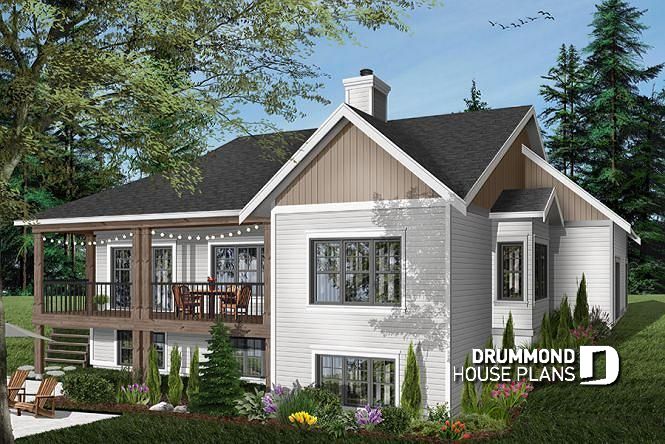
Modern Farmhouse Plan W Walkout Basement Drummond House Plans

Traditional Country Home Plan With Finished Attic And Optional Basement 50199ph Architectural Designs House Plans

Walkout Basement House Plans With Photos From Don Gardner Houseplans Blog Com

House Plans With Basements Walkout Basement Daylight The Designers

Plan 80945 A Frame House With Walk Out Basement

Country Style House Plan 1350 Vistas 2

Small Cottage Plan With Walkout Basement Floor

Dream Country House Plans With Style

Country Ranch Plan 3 Bedrms 2 Baths 1902 Sq Ft 150 1014

